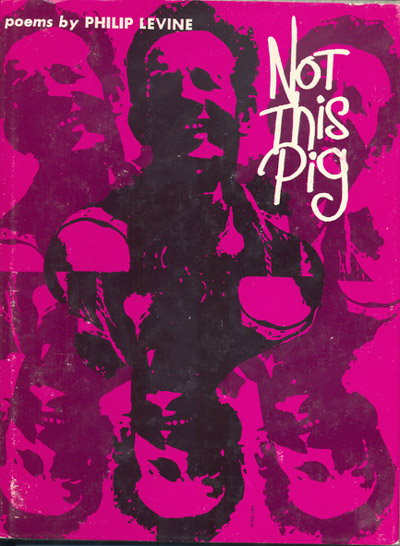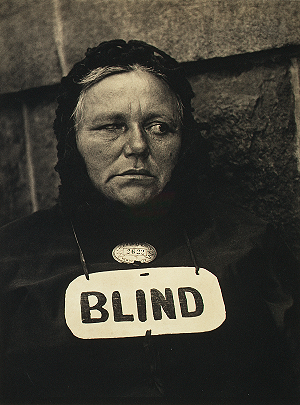My name is Mark. I am a television illiterate. Before you try to tell me there is a 12-step program that can help, let me explain my affliction’s personal brand. I’m not a TV illiterate because so much of my brain has been drained by the boob tube that I can’t read books. I’m the kind of guy who doesn’t watch TV. My cultural fluency ended sometime after “The Flintstones” petrified in syndication.
So most of what I know about television comes from listening to the radio. I glean enough scraps about this TV star or that to let me join the wider conversation about television that babbles on, night and day, like the re-runs. I’d like to think that my sporadic contributions to the conversation are Socratic kernels of possibility, not non sequiturs. Most of the time I don’t make it past a clumsy preamble such as this explaining why I don’t do or know TV.
Take Ricky Gervais, for example. I knew he was the droll comedian who made The Office a big hit in the U.K., but I’d never seen the show. I knew he made a bold bet on podcasting in the early days, creating one of the most downloaded and commercially successful products in the new medium. I wasn’t a subscriber. After hearing the Flintstone snippet from one of those podcasts, now animated in the video clip above, I wonder what I missed.
I tracked down this clip after hearing a Fresh Air interview with Gervais. He was promoting the launch of an animated TV series on HBO that re-purposes his podcast. [Whoa, what a sentence! New media shape-shifting challenges my abilities to document it clearly. Bear with me, please.] The radio piece included sound bites from the TV show, which presumably are sound bites extracted from the original podcast. Listening to the radio version, I found the podcast repartee annoying. I needed to settle in with the tone and timing of Gervais’s humor, and I had no context for the other characters in the conversation. Listening to it again in the video clip, and seeing what I could of the animation, I was amazed. It’s an animated conversation, literally, with vivid attention shifts from speaker to speaker and gestural cues signaling a speaker’s shifting tones. I cannot know whether I see any kind of nuanced gesture. With what remains of my peripheral vision, I see the exaggerated motion of gesture, not the focused detail. That motion then, re-animated what we call animated conversation.
As one who dependably leaves the room when someone else turns on the television this discovery of visual possibility is something new for me. I’m tempted to wander off on a tangent about Mikhail Bakhtin’s theory of speech genres – that’s the danger whenever I get past clumsy preambles – but I’ll save it for another time. This video animation of a podcast seems to me to be a new speech genre, not merely the re-purposing of one media product in another.
And it makes me wonder what would happen in a high-budget animation of This Week in Google, a geek-talk podcast that I follow faithfully.
![gustave_caillebotte_paris_street_rainy_day Gustave Caillebotte. Paris Street, Rainy Day (La Place de l’Europe, temps de pluie). 1877. Oil on canvas. Art Institute of Chicago. [Source: Wikimedia Commons]](../../../../wp-content/uploads/2009/02/gustave_caillebotte_paris_street_rainy_day_1877_wiki.jpg)
![Fog at Isle Royale [Source: wildmengoneborneo.com] Fog at Isle Royale [Source: wildmengoneborneo.com]](../../../../wp-content/uploads/2008/04/isle_royale_fog.jpg)
 If there is an emerging genetic underclass, I could run for class president or class clown. Read more in
If there is an emerging genetic underclass, I could run for class president or class clown. Read more in 

Too bad Canadians can’t see the animation. I got the message, “This video contains content from HBO, who has blocked it in your country on copyright grounds. ” At least the link to This week in google worked fine.
Thanks for documenting this accessibility barrier, [J]. HBO’s DRM enforces intellectual property boundaries even in your web browser. I need to remember that YouTube can be a very ephemeral source of documentation for my projects and flights of fancy.